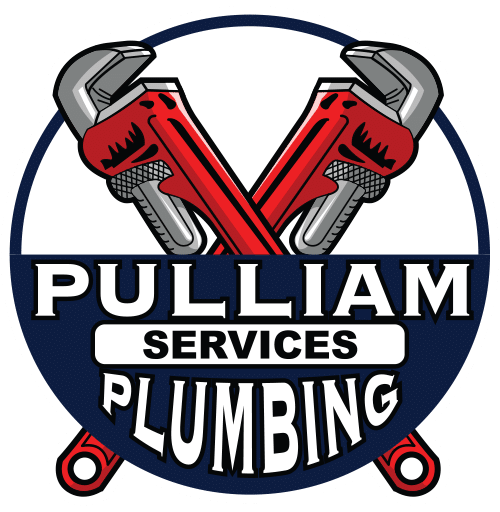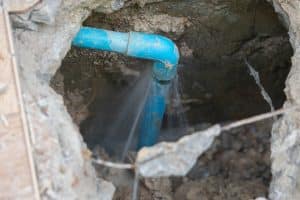Homeowners are always looking for ways to improve their homes and make them more energy-efficient. One area where we can make a substantial impact on energy savings is in our water heating systems. Traditional water heaters, with their large tanks and continuous energy consumption, are becoming a thing of the past. In their place, a more efficient and eco-friendly solution is emerging – tankless water heaters.
As the go-to plumbing experts, we’re here to help you understand the advantages of tankless water heaters and guide you in selecting the right one for your home. In this article, we’ll discuss how tankless water heaters work, their benefits compared to traditional systems, and essential factors to consider when choosing the ideal tankless water heater for your household’s needs.
Understanding the Different Types of Tankless Water Heaters
Before you dive into the selection process, it’s crucial to familiarize yourself with the different types of tankless water heaters available in the market. Generally, these systems are classified based on their fuel source, which can be electric, natural gas, or propane. Each type has its distinct benefits and drawbacks, so your choice will depend on your home’s existing infrastructure, budget, and personal preferences.
Electric tankless water heaters are generally less expensive than their gas counterparts, both in terms of upfront costs and installation. Additionally, they are smaller in size, easier to maintain and, with lower greenhouse gas emissions, tend to be more eco-friendly. On the downside, electric units may not be powerful enough for large households or those with multiple water fixtures running simultaneously.
Natural gas and propane tankless water heaters, on the other hand, offer higher heating capabilities and faster recovery times, making them ideal for larger households. However, these systems come with a higher upfront cost, potentially more complex installation requirements (including proper venting), and a carbon footprint associated with burning fossil fuels.
Determining the Right Size and Flow Rate for Your Tankless Water Heater
One of the most critical factors to consider when choosing a tankless water heater is determining the right size and flow rate for your household needs. Incorrect sizing could lead to limited hot water availability and reduced energy efficiency while oversizing can unnecessarily inflate your utility bills.
To calculate the ideal size for a tankless water heater, start by listing all the fixtures in your home that need hot water (showerheads, faucets, washing machines, etc.). Next, determine their flow rate, measured in gallons per minute (GPM). Add up the flow rates of all the fixtures to determine your home’s total hot water demand.
After establishing your hot water demand, you should also consider the unit’s temperature rise capability. This refers to the difference between the incoming cold water temperature and the desired output hot water temperature (usually around 120°F). In colder climates, the temperature rise requirement will be higher. Most manufacturers provide charts or tools to help you find the correct size based on your demand and climate.
Factors to Consider When Choosing a Tankless Water Heater
Now that you have a better understanding of the types of tankless water heaters and your home’s hot water demands, there are a few more factors to keep in mind during the selection process:
- Energy Efficiency: Look for tankless water heaters with a high energy factor (EF). The EF is a measure of the unit’s energy efficiency, with a higher number indicating greater efficiency. Investing in a highly efficient unit will yield long-term savings on your utility bills.
- Maintenance Requirements: Regular maintenance is essential to ensuring the longevity and performance of your tankless water heater. Opt for a unit with easily accessible parts and simple maintenance procedures. Also, consider the availability of replacement parts and service technicians in your area.
- Brand Reliability and Warranty: Choose a reputable brand known for manufacturing high-quality and durable tankless water heaters. Additionally, check for comprehensive warranties that cover essential components and labor costs.
- Cost: Finally, keep your budget in mind. While it may be tempting to opt for the cheapest option, remember that skimping on quality could lead to costly repairs and reduced system lifespan. Evaluate the total cost of ownership, including installation, maintenance, and energy savings over time, when making your decision.
Professional Installation and Regular Maintenance for Longevity
Once you have selected the right tankless water heater, it’s essential to enlist the services of a skilled plumber for professional installation. Improper installation can lead to reduced efficiency, damage to the unit, and even voided warranties. A licensed plumber will also ensure that your system meets local building codes and safety regulations.
Furthermore, don’t forget that regular maintenance is crucial to extending your tankless water heater’s lifespan and keeping it running efficiently. Schedule annual inspections and timely repairs with a trusted plumbing professional. Regular maintenance tasks include flushing the unit to remove mineral buildup, checking for leaks, and inspecting the venting system.
Conclusion
Investing in a tankless water heater is an excellent way to increase your home’s energy efficiency, reduce utility costs, and save space. By understanding the different types available, determining the appropriate size and flow rate for your home, and considering crucial factors like brand reliability, energy efficiency, and maintenance requirements, you’re well on your way to finding the perfect on-demand water heating solution.
Remember to enlist the help of a trusted plumbing expert for proper installation and ongoing maintenance to ensure a long and problem-free lifespan for your tankless water heater. If you need assistance in choosing and installing a tankless water heater, reach out to Pulliam Plumbing – the highest-rated plumbing company in Boerne & Fair Oaks, Texas.




